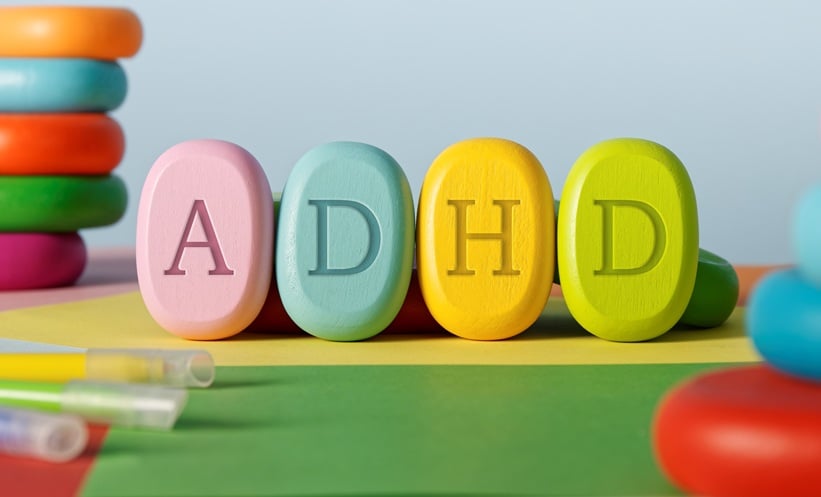NEW research exploring the link between impulsivity and obesity is shedding light on how urban environments shape our health. The study investigates how impulsive behaviours, particularly those associated with Attention Deficit Hyperactivity Disorder (ADHD), contribute to obesity and how city living may influence this dynamic.
Using data from over 900 US cities and a cohort of nearly 20,000 individuals, researchers examined the relationship between obesity and impulsivity across both population and individual levels. Their analysis revealed that impulsivity, especially in the form of ADHD, is significantly associated with obesity, largely through its impact on physical inactivity. Cities with more mental health providers and higher education levels tended to report lower rates of obesity and ADHD, particularly in larger urban centres where these services are more accessible.
Interestingly, the study found that both obesity and ADHD scale sublinearly with city population, meaning their per capita prevalence decreases in larger cities. This could reflect better access to mental health support, more opportunities for physical activity, and increased social interaction in urban settings, all of which may mitigate impulsivity-driven behaviours like overeating.
Crucially, the study identified physical inactivity as a mediating factor between ADHD and obesity, suggesting it as a key point for intervention. Enhancing physical activity through school programmes, urban design, and healthcare policies could significantly reduce obesity risk, particularly in children and adolescents with ADHD.
The research also highlights the role of education, food security, and mental healthcare in combating obesity. Households with college-educated carers were more likely to access mental health support and maintain healthier diets. These findings support a growing call for integrated public health strategies that address mental and physical health together.
In sum, this study provides compelling evidence that obesity is not just a matter of personal behaviour, but deeply influenced by the environment, particularly in how urban areas are structured and resourced. Policymakers are urged to prioritise equitable access to education, physical activity, and mental health support as essential tools in tackling the global obesity crisis.
Reference
Gan T et al. Investigating the link between impulsivity and obesity through urban scaling laws. 2025;DOI:10.1371/journal.pcsy.0000046








